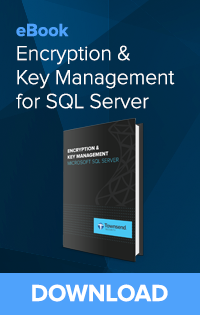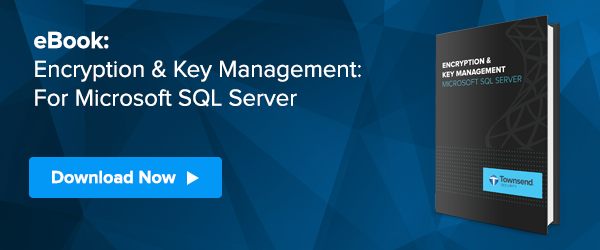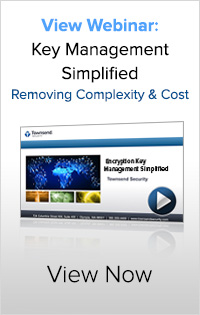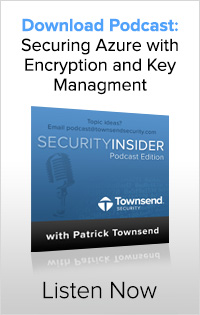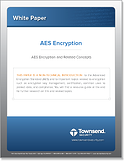When protecting your data in SQL Server, you need to be as informed as the hackers!
Whether you are the CEO or the database administrator of your company, you need to be aware of what data you are storing and the different compliance regulations that require encryption and key management.
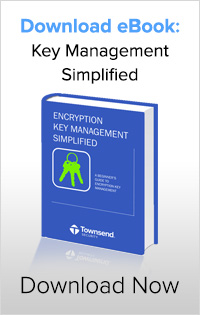 Having a data breach can often go undetected for quite some time, but when it happens (and these days it is “when” not “if”) it can cause some serious issues for your company and your customers!
Having a data breach can often go undetected for quite some time, but when it happens (and these days it is “when” not “if”) it can cause some serious issues for your company and your customers!
While “the bad guys” get more creative every day, being aware of their tactics and following security best practices can slow them down and hopefully thwart their attempts from being successful. Research and “post-data breach” studies have shown that 80% of data breaches happen with a fairly low-tech “old school” type of attack known as SQL injection. In fact, Injection is #1 on the “2013 Top 10 List” of simple security problems from OWASP (the Open Web Application Security Project).
While not the only method, SQL injections are still one of the most common ways of attacking web services by sending malicious SQL code in parameter fields, with the intent that the server will execute the code. When designing web applications or internal applications you need to remain aware of SQL injection opportunities beyond just the systems securing credit card data. So many people think “we don’t have that problem.” However, if your application is on the internet… you do. Features such as login pages, support or product request forms, shopping carts are all examples of web applications that can make your databases vulnerable. Hackers can gain entry through these other areas of your company website and navigate their way to more valuable data. Once inside your database, they can retrieve or delete sensitive information such as credit card numbers, clients personal information, or company records. Safeguards such as encryption and key management can help prevent those losses only if they are in place.
Good practices to prevent or mitigate attacks like SQL injection and the loss of unencrypted data :
- Analyze your website and web applications for vulnerabilities.
- Look for it in your system logs, make monitoring a priority.
- and remember, internal apps are just as susceptible as public apps.
From a best practice point of view, as well as a regulatory compliance view, encrypting your data is a fundamental security step for any system. So even if the information is “retrieved”, it isn’t in a readable format and the hackers won’t be able to use it! While data encryption used to seem like a daunting task, that is no longer the case. SQL Server 2008/2012 Enterprise Edition and above includes TDE offerings that allows for encryption without application changes. You can now deploy key management that is easy to use and affordable with Alliance Key Manager, our FIPS 140-2 certified encryption key management HSM.
Just keep in mind that the single biggest data security issue is failure to protect the encryption key. Always keep your keys off the server and out of the system that holds your encrypted data. Think of it like the lock on your front door… you wouldn’t lock up your house and then tape the key next to the handle… would you?
We would like to offer you a complimentary copy of our eBook: “Encryption Key Management Simplified”, which is a fundamentals guide for both IT administrators and business executives alike.

As always, your comments and questions are welcome!

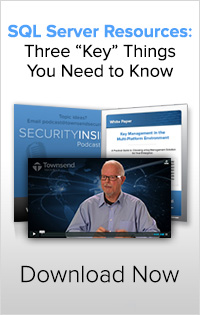
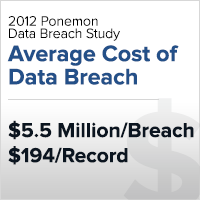 #1 - Customers expect their data to be protected!
#1 - Customers expect their data to be protected!
